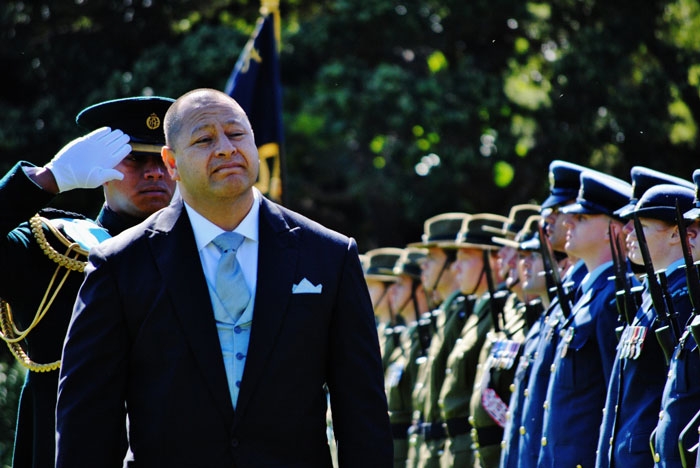King heads Tongan fightback
FOOD is central to every Tongan function – from birth to death. But over-eating and the importation of cheap, fatty meat has led to Tonga being the most obese country in the world. Recent research shows that 4 per cent of the population could have Type 2 Diabetes and life expectancy is falling.
Tonga is not alone, however, and doctors say Pacific island nations and associated states make up the top seven on a 2007 list of fattest countries. In all these cases, more than 70 per cent of citizens age 15 and over have an unhealthy weight. Until the 1960s the Tongan diet consisted of fish, root vegetables and coconuts, with pork being a delicacy reserved for special occasions.
With increased travel in the 1970s, Tongans moved to New Zealand and the United States. Shortly after this, offcuts of meat began arriving in the kingdom including turkey tails from the US and mutton flaps from New Zealand. They were seen as status symbols. People with the ability to buy this fatty food showed that they were affluent or related to people who lived overseas.
Gradually the consumption of this food began to have a telling effect on the population. Further north, turkey tails have been a problem in Samoa which also has a large off-shore community in New Zealand and the United States.
…..to read more buy your personal copy at

